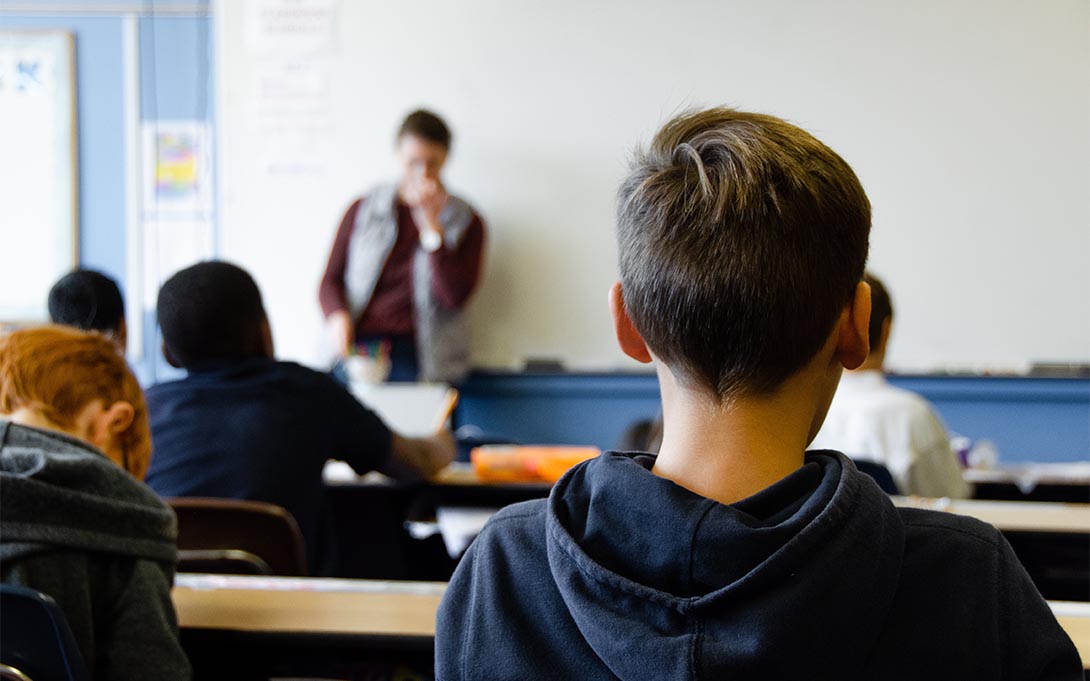Remedial Education and Student Achievement: A Regression-Discontinuity Analysis
As standards and accountability have become an increasingly prominent feature of the educational landscape, educators have relied more on remedial programs such as summer school and grade retention to help low-achieving students meet minimum academic standards. Yet the evidence on the effectiveness of such programs is mixed, and prior research suffers from selection bias. However, recent school reform efforts in Chicago provide an opportunity to examine the causal impact of these remedial education programs. In 1996, the Chicago Public Schools instituted an accountability policy that tied summer school and promotional decisions to performance on standardized tests, which resulted in a highly non-linear relationship between current achievement and the probability of attending summer school or being retained. Using a regression discontinuity design, we find that the net effect of these programs was to substantially increase academic achievement among third graders, but not sixth graders. In addition, contrary to conventional wisdom and prior research, we find that retention increases achievement for third grade students and has little effect on math achievement for sixth grade students.

We would like to thank the Consortium on Chicago School Research and the Chicago Public Schools for providing the data used in this study. We are grateful to Anthony Bryk, Thomas DeLeire, Mark Duggan, Michael Greenstone, Steven Levitt, Helen Levy, Brigitte Madrian, Casey Mulligan, Kevin Murphy, Melissa Roderick, Mark Showalter, and seminar participants at the University of Chicago for helpful suggestions. All remaining errors are our own. The views expressed herein are those of the authors and not necessarily those of the National Bureau of Economic Research.
